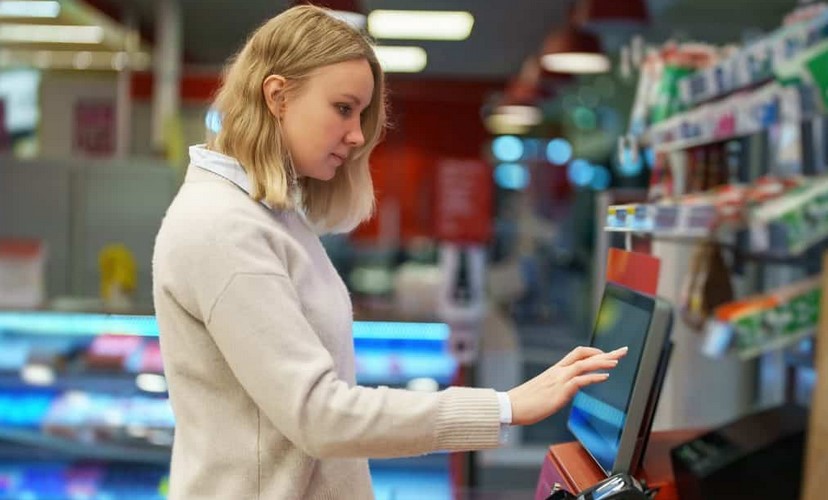by Masha Borak, Activist Post:

Companies are pitching biometric payment as a solution to fraud and theft. But their fast expansion is making some consumers and privacy advocates wary – especially when companies do not offer alternative payment options. By 2026, almost $5.8 trillion in payments are expected to be made using biometrics each year, according to a Goode Intelligence forecast.
TRUTH LIVES on at https://sgtreport.tv/
The latest example comes from California. Biometrics fintech firm PopID invited scrutiny at a student event at the University of Southern California (USC) campus in Los Angeles after leaving no choice to purchase food inside the venue aside from its facial recognition payment system PopPay.
“[It’s] slightly coercive, because you’re not really being given a choice between normal payment methods and using your face, which is a pretty intimate subject matter,” USC student Vera Wang told student paper The Daily Trojan.
PopID explained that the company was “a paid sponsor of promotional events to market our products.” However, the move has invited questions about PopID’s commitment to privacy and data security.
The company, co-founded and seeded by food and retail conglomerate Cali Group, says it complies with the strictest law in the United States regarding facial recognition data, the Illinois Biometric Information Privacy Act, the student paper notes that its privacy policy states that it “cannot guarantee the security of your data transmitted to our site.”
Privacy advocates issue warnings
Like many other biometric payment companies, PopID has been busy this year, partnering with restaurants such as Steak ‘n Shake, Tyme’s self-checkout restaurant kiosks, and Samsung’s POS kiosks. Similar efforts are being made by Amazon, Mastercard, Clear and JPMorgan Chase. The latter has piloted palm and face-based payments at the Miami Grand Prix Formula One race in May.
January research from Research and Markets supports the idea that consumers can be reassured that biometrics payments are safe. But privacy advocates have raised concerns about the risk of biometric information being stolen by identity thieves or abused by law enforcement agencies, Bloomberg Law reports.
Digital rights group Fight for the Future, for instance, has been organizing an online petition calling on grocery stores not to include Amazon’s palm-scanning technology as a payment option. The group warns that sensitive data could potentially be abused, hacked or stolen.
Cobun Zweifel-Keegan, managing director of the International Association of Privacy Professionals trade group, notes that companies usually don’t keep raw biometric information but instead store a computer’s interpretation of a physical feature, like a set of numbers.
But other experts, such as Jen King, a privacy and data policy fellow at the Stanford Institute for Human-Centered Artificial Intelligence, maintain that hackers or fraudsters could try to combine scans with other pieces of consumer data.
“If I look at an image of a palm, I probably can’t tell it’s you versus me necessarily,” King told Bloomberg. “But that doesn’t say it’s not identifiable, because if it wasn’t identifiable they wouldn’t be using it.”



